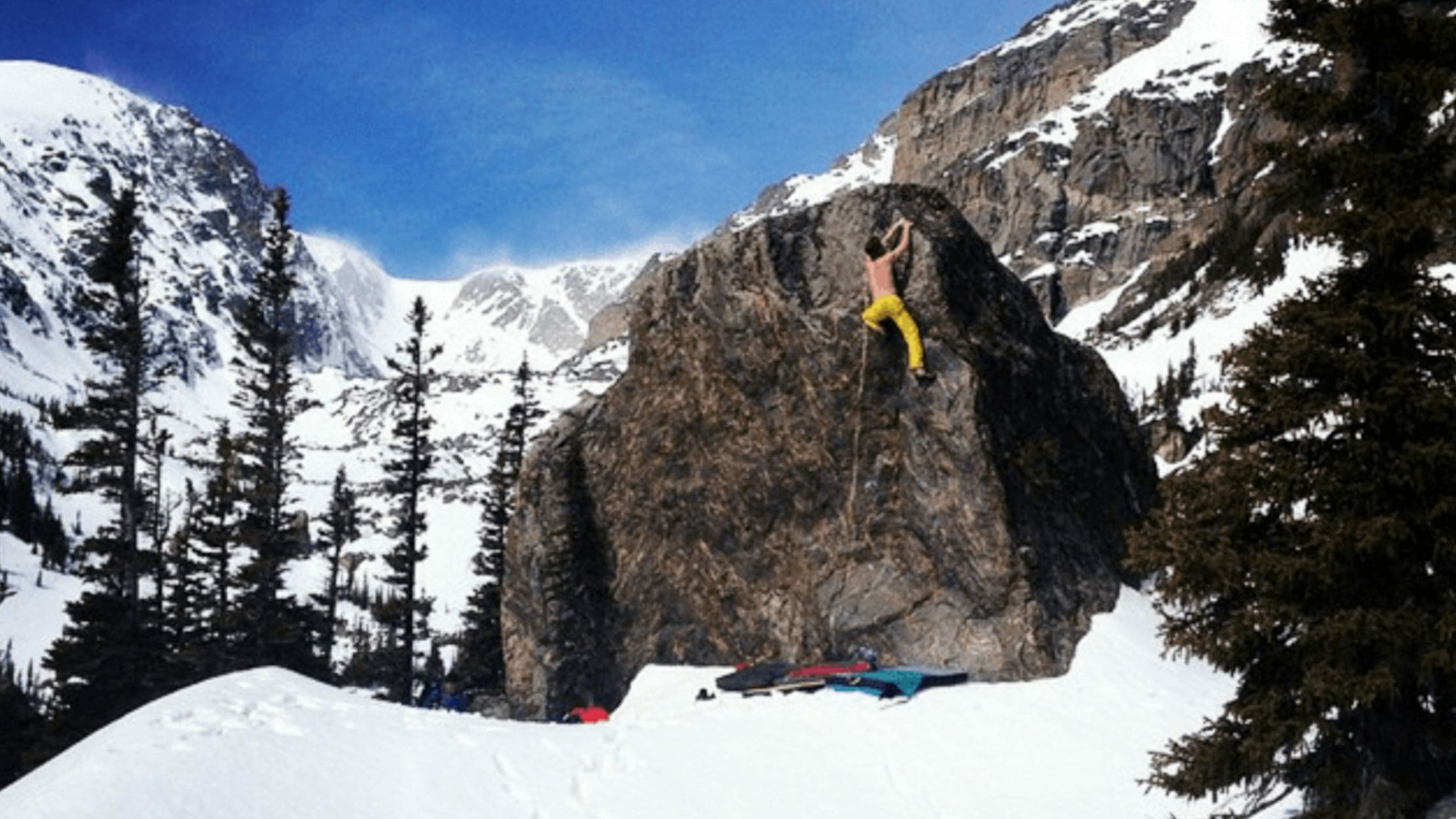Research
Rocky Mountain National Park Bouldering Study

Boulderers’ attitudes and beliefs — regarding Leave No Trace in Rocky Mountain National Park
Abstract
Bouldering is a growing recreational activity, frequently occurring in fragile wilderness areas. As bouldering use increases, so too does the potential for ecological and social impacts. Leave No Trace–based educational strategies are the most prominent form of indirect management used to infuence wilderness visitor behaviors. Given the growth of bouldering in wilderness and the lack of understanding regarding boulderers’ perceptions of minimum impact practices, the purpose of this study was to examine boulderers’ attitudes and perceptions of Leave No Trace in Rocky Mountain National Park. Results suggest that boulderers’ attitudes generally align with Leave No Trace recommended practices, although attitudes are less congruent with practices that are perceived as limiting to safety, access, and maintaining bouldering opportunities in the park. Findings indicate that global perceptions of Leave No Trace are positive and that educational communication strategies that target specific bouldering behaviors could minimize ecological and social impacts associated with bouldering. Results provide wilderness managers with baseline attitudinal data, which can be reevaluated in the future and monitored in conjunction with ecological data, after educational communication and outreach strategies have been deployed.
Citation
Schwartz, F., Taff, B. D., Pettebone, D., & Lawhon, B. (2016). Boulderers’ Attitudes and Beliefs Regarding Leave No Trace in Rocky Mountain National Park. International Journal of Wilderness, 22(3), 25-32.
